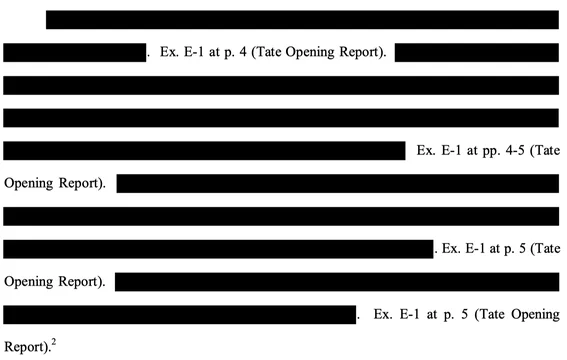Interior. Daytime. Camera zooms in on a series of bound documents lazing on a judge's desk.
Narrator: At one time, this courthouse would have been full of sealed filings. Flitting about through the hallways, their quiet calls echoing to one another as they played amongst the corridors.
[Music turns more somber, two smaller briefs seem to cling to a larger one with "DENIED" written in large red letters on the cover. despite their plaintiff cries, the larger brief does not stir]

Narrator: (continuing) Following years of habitat destruction, however, these beasts—once as common as pigeons or garden slugs—are on the verge of extinction.
[Music swells, as camera focuses on sealed papers being seemingly fed into a furnace; then we turn to a verdant valley where things seem brighter, ink flows in a peaceful stream and a jaunty fiddle tune takes over]
Narrator: But one hidden nook remains, untouched by the changes of recent years where a sealed filing can expect to live a long life in the the quiet secrecy that is its true home. That ancestral home is the complaint.
AND..... SCENE.
We've covered the continued crackdown on over-redactions and over-sealing in the district at some length over the past couple years. But one interesting sidebar that we have not covered, is the sealing of complaints.
Historically, complaints have been more difficult to file under seal than other documents. Unlike later documents, the CM/ECF system requires a motion to seal to be filed with any proposed sealed complaint, and the complaint itself must be sent in hard copy. This had always lead me to believe that motions to seal were more sparingly granted for complaints than other pleadings.
Looking at statistics for the last year, however, it appears I was mistaken. In 2022, parties moved to file 7 complaints under seal in DE patent cases. Every single one of those requests was granted.
In fact one has to go all the way back to 2019 to find a case where the Court denied such a motion in part. In that case, Judge Andrews did not actually deny the motion to file the complaint under seal in the first, instance, but objected to the proposed redactions of that complaint in no uncertain terms.
no further filings may be made under seal in this case unless contemporaneously accompanied by the proposed redacted version and a detailed affidavit of the filing party that meets the Avandia standard for sealing court filings.
Takeda Pharms. USA, Inc. v. Mylan Pharms. Inc., C.A. No. 19-2216-RGA (D. Del. Dec. 19, 2019) (Mem. Order) (emphasis original).
Only time will tell if Complaints too will come under increased scrutiny in the coming months and years. You can be sure that if they do, we will post about it.
If you enjoyed this post, consider subscribing to receive free e-mail updates about new posts.





